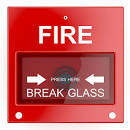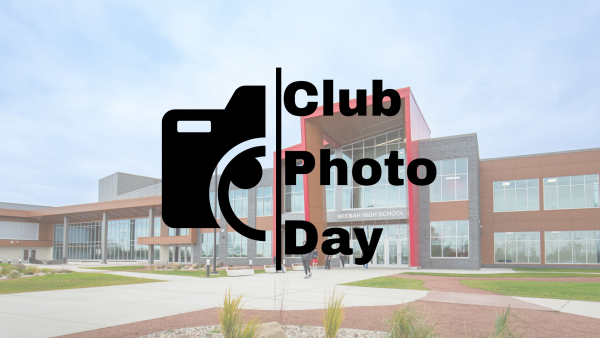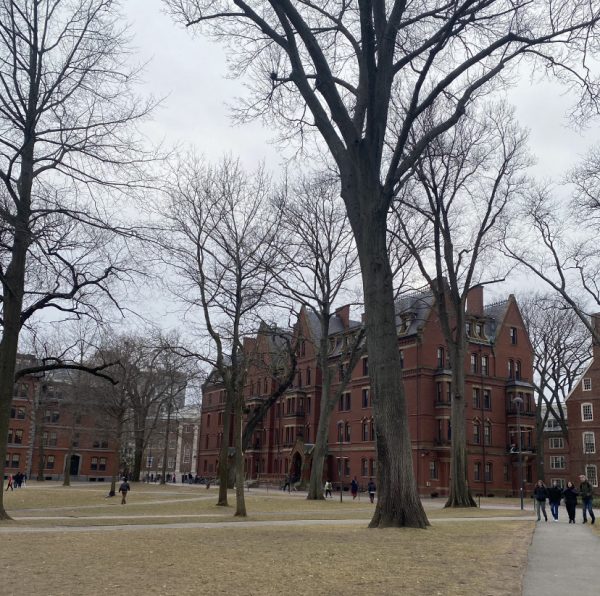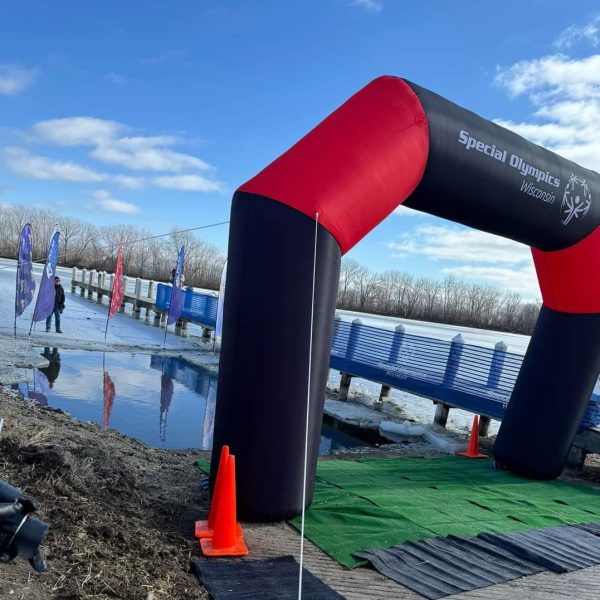What Happens When You Pull a Fire Alarm Without a Fire?

While the pulling of fire alarms is a rare occurrence, issues of the same magnitude are dealt with in a similar manner at NHS. From making a breach in the code, to breaking the law, disciplinary action will (always) be taken against the student.
February 19, 2019
Last semester, NHS experienced two separate incidents regarding the pulling of fire alarms without proper reason. Both resulted in a loss of class time and false rumors reaching students and parents alike causing worry and frustration.
While the pulling of fire alarms is a rare occurrence, issues of the same magnitude are dealt with in a similar manner at NHS. From making a breach in the code, to breaking the law, disciplinary action will (always) be taken against the student.
While much of discipline deals in grey areas, once a student breaks a law, a series of actions by the NHS administration, and potentially the Neenah Police Department begins.
To further understand how NHS deals with issues regarding the law, Mr. Tim Kachur, an administrator at NHS, explains and uncovers the at times confusing process students undergo when facing disciplinary action.
Kachur shared that when a student does something such as pulling a fire alarm, an investigation is immediately launched to identify the student as quickly as possible.
Along with this, action is taken to understand the motive of the student. Depending on the investigation finds, consequences start to be considered.
“As with anything in discipline, I would love to say that everything is black and white but it’s not, everything has to be gray,” Kachur said.
Ultimately the administration works with the student as much as possible: not against.
While an offense may warrant expulsion, as an educational enterprise, the entire goal of the staff is to create the most successful adults possible. Expulsion is not something to be taken lightly.
When expelled, students face an infinity of closed doors. As such, schools within both Wisconsin and the nation as a whole have been working to make the best out of negative situations.
Kachur, however, made clear that while the school wants students to succeed, and learn from their mistakes, the safety of the entire student body must and will take priority.
“Talking about fire alarms specifically obviously you’re dealing with a safety matter that’s above and beyond other types of discipline situations that we may have work with; we also have to look with what are the other ramifications beyond these walls.”
This can be best understood with conjunction to the most recent case, where the fire alarm pulling actions of individual students caused an obstruction of education for many.
Additionally, whenever weapons, drugs or other illegal contraband or actions are involved, the Neenah Police Department becomes involved.
Allied with the administration, the NPD determines if a crime has been committed while N.J.S.D. determines the academic repercussions of these actions.
Officer Vicki Strebel, NHS Police Liaison officer, says “It is best described as a double whammy, a violation of school rules and a criminal act.”
Clarifying that those who commit a crime in addition to breaking school code face separate consequences on both fronts. While the aforementioned education front can be more flexible, punishment under the law is not as gray; breaking a law comes with set consequences.
Living in the 21st century, school safety will continue to dominate the focus and conversation regarding discipline in schools. The topic of school safety will remain at the forefront, and because of such, school administrations and law enforcement agencies will continue to walk the thin line between doing what is best for the student, and what is best for schools and their communities.
Kachur urges that school safety rests not only in the staff’s hands: students can make NHS a safer place.
Be cognizant of individual actions and those of peers. Be proactive in working to resolve issues that, while seemingly small, might make a significant impact on someone. Above all, exhibit responsible and respect in all aspects of life, because everything does make a difference.











